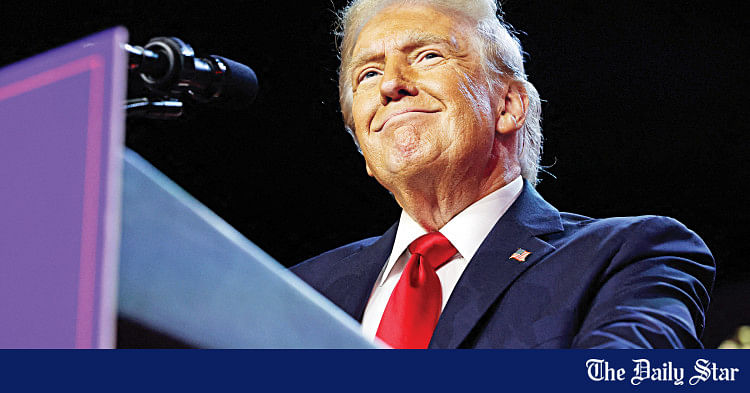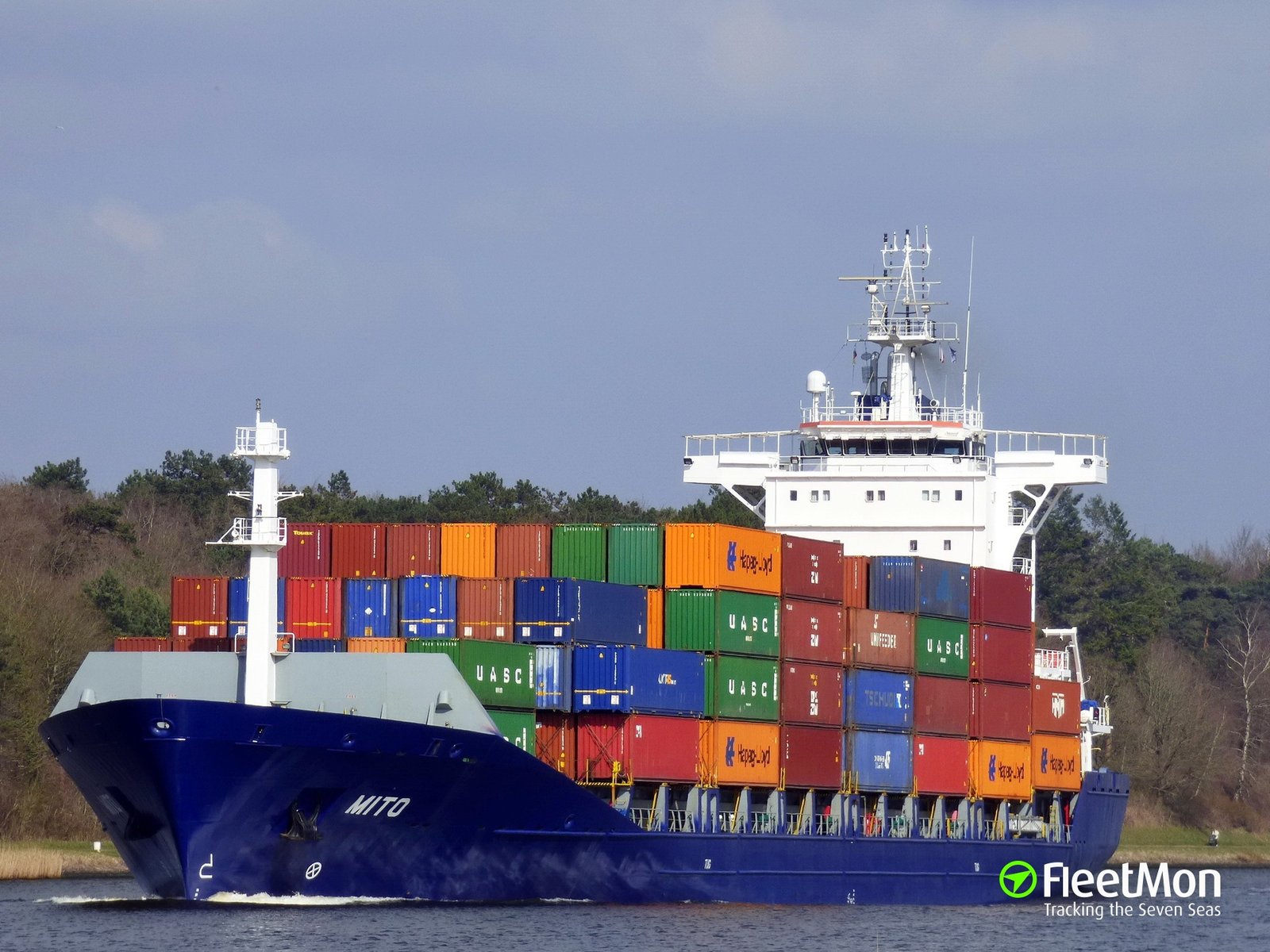Bangladesh Businesses In Europe: Collaboration For Future Growth

Table of Contents
Investment Opportunities in Europe for Bangladeshi Businesses
The European Union presents a vast and lucrative market for Bangladeshi businesses, offering significant potential for export growth and economic expansion. However, navigating this complex landscape requires careful planning and strategic partnerships.
Access to EU Markets
Post-LDC graduation, Bangladesh faces new opportunities and challenges within the EU market. Access to this massive consumer base is a key driver for Bangladeshi businesses. Reduced trade barriers, while not entirely eliminated, are significantly eased through various trade agreements.
- Successful Bangladeshi Exports: Ready-made garments (RMG) remain a dominant export, but increasingly, pharmaceuticals, jute products, leather goods, and IT services are finding a foothold in the European market.
- Attractive EU Countries: Germany, the UK, France, Italy, and the Netherlands represent significant markets for diverse Bangladeshi products and services, depending on their specific industry focus. Careful market research is key to identifying the optimal entry point.
- Relevant EU Trade Agreements: Understanding and leveraging the Generalized System of Preferences (GSP) and other relevant trade agreements is crucial for minimizing tariffs and streamlining the import/export process.
Technological Collaboration and Knowledge Transfer
Europe's advanced technological infrastructure and expertise offer invaluable opportunities for Bangladeshi businesses to upgrade their capabilities and enhance their competitiveness.
- Successful Partnerships: Collaborative ventures focusing on sustainable textile production, digital technology integration, and renewable energy solutions are already showcasing successful technology transfer.
- Sectors for Collaboration: The Information and Communications Technology (ICT) sector presents significant opportunities, alongside collaborations in renewable energy, sustainable agriculture, and manufacturing technologies.
- Training and Skill Development: Access to European training programs and skill development initiatives can significantly enhance the workforce capabilities of Bangladeshi businesses operating in Europe.
Funding and Financial Support
Securing appropriate funding is crucial for successful market entry and expansion. Several funding avenues are available to support Bangladeshi businesses in their European ventures.
- EU Funding Programs: The European Union offers various grant schemes and funding programs specifically designed to support international collaborations and business development.
- Private Equity and Venture Capital: Accessing private equity and venture capital from European investors can provide the necessary financial resources to scale operations and enter new markets.
- Importance of Financing: A well-structured financial plan, incorporating both equity and debt financing, is essential for navigating the initial challenges and ensuring long-term sustainability.
Challenges and Mitigation Strategies for Bangladeshi Businesses in Europe
While the opportunities are significant, several challenges need careful consideration and mitigation strategies.
Navigating Regulatory Hurdles
The EU has stringent regulations covering product standards, labor laws, environmental protection, and data privacy. Compliance is non-negotiable.
- Regulatory Challenges: Meeting EU product standards (e.g., CE marking), adhering to stringent labor laws, and navigating complex environmental regulations can be particularly challenging.
- Mitigation Strategies: Engaging experienced legal counsel specialized in EU regulations, investing in regulatory compliance training for staff, and establishing robust internal compliance systems are crucial steps.
Cultural and Language Barriers
Effective communication and cultural understanding are paramount for successful business collaborations.
- Bridging Cultural Gaps: Cultural sensitivity training for employees, establishing local partnerships with European businesses, and understanding local business etiquette are essential for smooth collaboration.
- Multilingual Communication: Investing in multilingual communication capabilities, employing local staff who understand the nuances of the European market, and using professional translation services are vital.
Competition within the European Market
The EU market is highly competitive. Bangladeshi businesses need a clear competitive advantage.
- Strengths and Weaknesses: Analyzing the strengths (e.g., cost-effective production, skilled workforce) and weaknesses (e.g., brand recognition, logistics) of Bangladeshi businesses in the European context is crucial.
- Building Competitive Advantage: Focusing on innovation, developing strong branding strategies, targeting niche markets, and emphasizing sustainable and ethical production practices can help build a competitive edge.
Success Stories and Case Studies
[Insert 2-3 compelling case studies of successful collaborations between Bangladeshi and European businesses, highlighting the strategies employed and the benefits achieved. Quantify success where possible (e.g., increased sales, market share, job creation).]
Conclusion
The collaboration between Bangladesh businesses and their European counterparts presents immense potential for mutual growth and development. While challenges exist in navigating regulatory hurdles, cultural differences, and a competitive market, the opportunities to access a vast consumer base, leverage technological advancements, and secure funding are substantial. By understanding these challenges and implementing effective mitigation strategies, Bangladeshi businesses can successfully expand their operations and contribute significantly to the European economy. Expand your business into Europe and explore the numerous investment opportunities available. Discover the potential of Bangladesh-Europe collaborations and learn more about thriving as a Bangladesh business in Europe. [Link to relevant resources].

Featured Posts
-
 From Sarah Vines Whats App Gaffe Improving Your Online Presence
May 25, 2025
From Sarah Vines Whats App Gaffe Improving Your Online Presence
May 25, 2025 -
 Container Ship Aground On Mans Lawn The Cnn Story
May 25, 2025
Container Ship Aground On Mans Lawn The Cnn Story
May 25, 2025 -
 2025 Porsche Cayenne Interior And Exterior Detailed Photo Showcase
May 25, 2025
2025 Porsche Cayenne Interior And Exterior Detailed Photo Showcase
May 25, 2025 -
 Apple Stock Analysis I Phone Success Fuels Positive Q2 Report
May 25, 2025
Apple Stock Analysis I Phone Success Fuels Positive Q2 Report
May 25, 2025 -
 Naomi Campbells Potential Met Gala Exclusion The Anna Wintour Conflict
May 25, 2025
Naomi Campbells Potential Met Gala Exclusion The Anna Wintour Conflict
May 25, 2025
